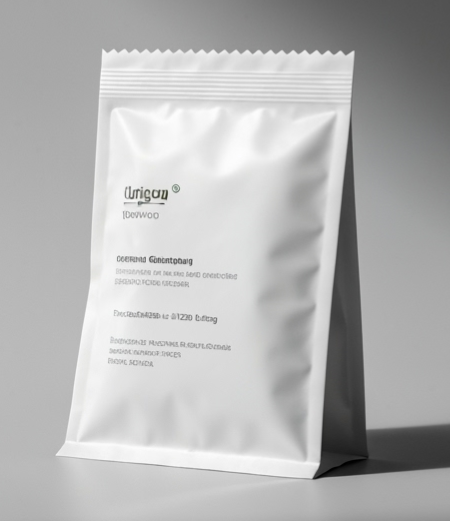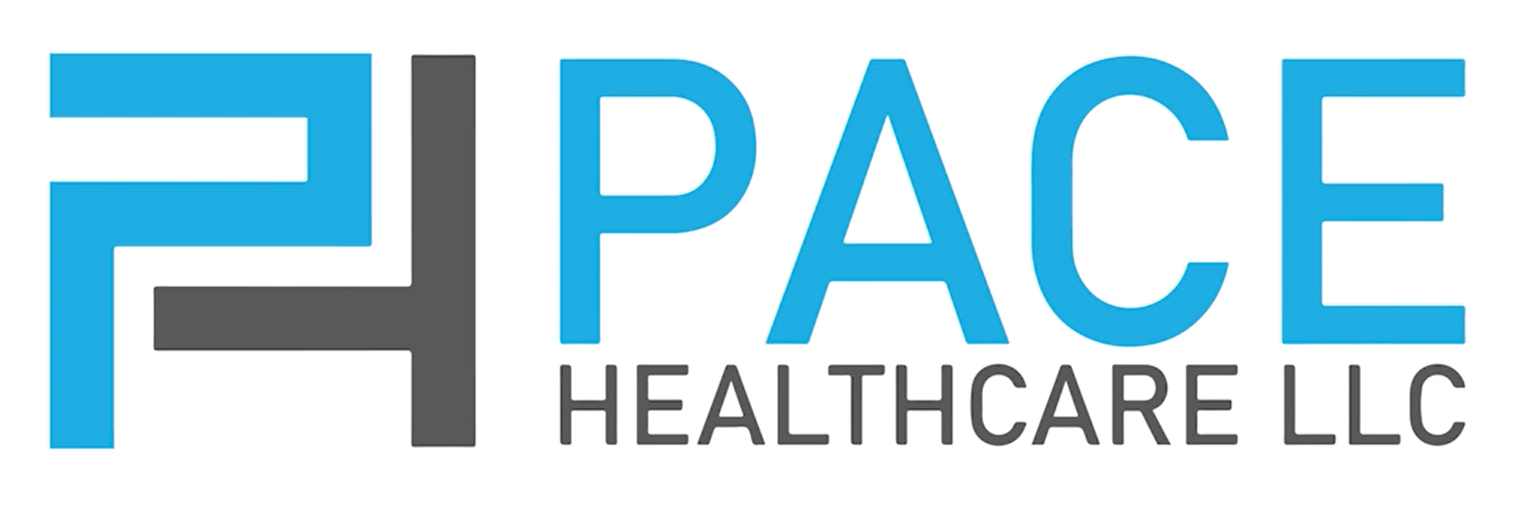By Keith Hostetler
•
August 1, 2025
At Pace Healthcare in Wooster, Ohio, we sometimes get asked questions like, “Is IV care real medicine?” It’s an important question, and one we’re always happy to answer. The short answer? Yes. The IV treatments we provide are prescribed by licensed physicians, regulated by the U.S. Food and Drug Administration (FDA), and administered in a safe, accredited medical setting. What IV Therapy Really Is IV (intravenous) therapy has been a trusted part of medical care for decades. In hospitals, outpatient clinics, and emergency rooms, it’s a standard way to deliver fluids, nutrients, and medications directly into the bloodstream. This approach is especially helpful when: You can’t take medications orally You need rapid hydration You require immediate delivery of certain medications Our patients often come to us when their doctor is managing chronic conditions such as multiple sclerosis, Crohn’s disease, rheumatoid arthritis, or immune deficiencies that require specialized IV medications. Clearing Up Common Confusion Some people associate IV treatments with wellness spas or alternative therapy providers, where infusions might include vitamins or herbal blends. While those services may have their place, they are very different from the care we provide at Pace Healthcare. Here’s the key difference: our IV treatments involve prescription medications ordered by your physician to treat specific, diagnosed medical conditions. They’re not “boosters” or “feel-good” drips, they’re part of an established medical treatment plan. Why Patients Choose Pace Healthcare Located right here in Wooster, we’re proud to serve patients across Wayne County and surrounding areas. When you choose Pace Healthcare, you can expect: Accredited, licensed care – We follow the same strict standards as hospitals and major healthcare systems. Insurance-friendly service - We are credentialed and contracted with most major insurance providers. Comfortable, private setting - Our treatment rooms are quiet and designed to make your visits as stress-free as possible. Local convenience - Many of our patients used to travel to Cleveland, Akron, or Columbus for the same treatments they can now receive close to home. Your Health and Safety Come First We believe patients should always feel informed and comfortable about their care. That’s why we take the time to answer every question, whether it’s about how a medication works, what to expect during your visit, or how your insurance will cover treatment. Our goal is simple: to make sure you feel confident and cared for every step of the way. If you live in Wooster or the surrounding areas and need IV therapy for a chronic condition, you don’t have to face long drives or crowded hospital settings. Pace Healthcare offers the same high-quality, medically supervised care right here in your community. Have questions about IV therapy? Call us today or stop by our Wooster office. Your health and peace of mind are worth it.








